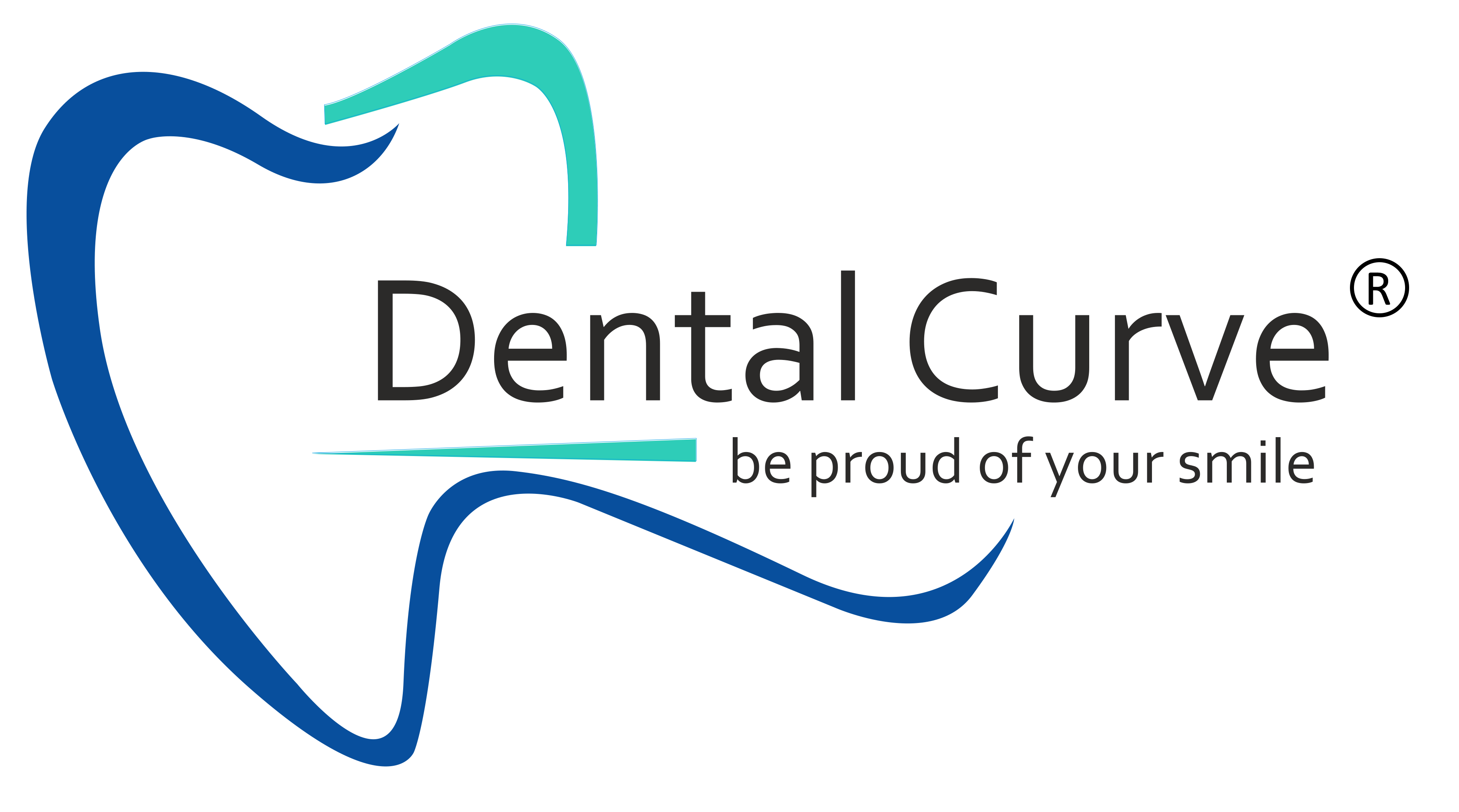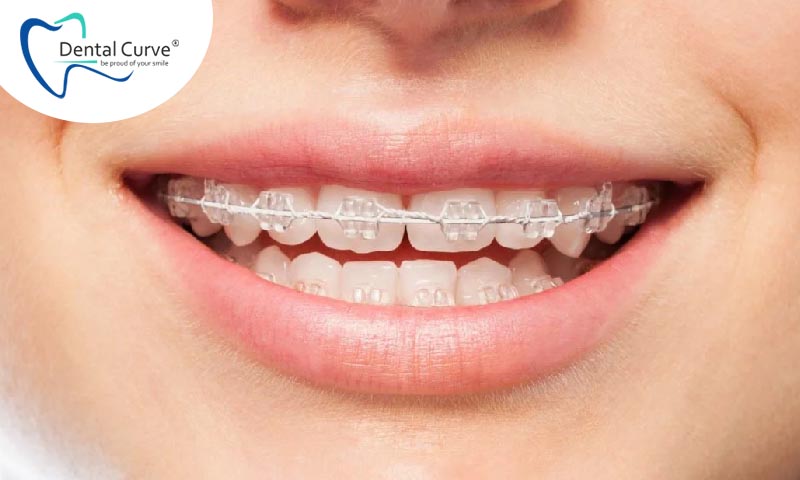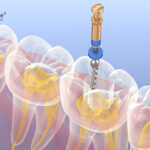Orthodontic treatments, such as braces or clear aligners, can help straighten your teeth and enhance your smile. However, to ensure the success of your orthodontic journey, it is essential to take proper care of your braces or aligners. In this blog post, we will explore essential tips and practices that will help you maintain the health and effectiveness of your orthodontic treatment, ensuring a beautiful and confident smile.
Tips for Orthodontic Treatments
Maintaining Oral Hygiene
Good oral hygiene is crucial during orthodontic treatment. It is important to brush your teeth thoroughly after every meal and before bedtime. Use a soft-bristled toothbrush and fluoride toothpaste, and pay extra attention to cleaning around the brackets or aligners. Additionally, flossing is essential for removing food particles and plaque from hard-to-reach areas. Orthodontic-specific tools like interdental brushes or floss threaders can help you navigate around wires and brackets effectively. Regular dental check-ups and cleanings should not be skipped during orthodontic treatment to ensure optimal oral health.
Dietary Considerations
Maintaining a healthy diet is vital for both your overall health and the success of your orthodontic treatment. Avoid foods that are sticky, chewy, or hard, as they can damage or dislodge your braces. Examples include chewing gum, hard candies, popcorn, ice cubes, and tough meats. Opt for softer foods like soups, yogurt, mashed potatoes, and steamed vegetables. Remember to cut fruits and vegetables into bite-sized pieces to avoid biting directly into them. Additionally, be cautious when consuming sugary or acidic foods and beverages, as they can lead to tooth decay and enamel erosion.
Protecting Your Braces
Protecting your braces or aligners is crucial to avoid any damage or setbacks in your orthodontic treatment. Avoid habits such as chewing on pens, pencils, or fingernails, as they can bend wires or break brackets. When participating in contact sports or any activities that pose a risk of facial impact, it is recommended to wear a mouthguard to protect your teeth and braces. If you are wearing clear aligners, always store them in their designated case when not in use to prevent loss or damage.
Handling Discomfort
It is common to experience some discomfort or soreness during the initial stages of orthodontic treatment or after adjustments. Over-the-counter pain relievers can help alleviate the discomfort, and applying a warm washcloth or using a saltwater rinse may provide relief for oral sores. If you encounter a loose or broken wire or bracket, contact your orthodontist immediately for guidance. Do not attempt to fix it yourself, as it may lead to further complications or delays in your treatment progress.
Maintaining Regular Check-ups
Regular visits to your orthodontist are essential to monitor the progress of your treatment and make any necessary adjustments. Follow your orthodontist’s recommendations for scheduling check-ups and adjustments. These appointments provide an opportunity for your orthodontist to address any concerns, assess your progress, and ensure that your treatment is on track toward achieving a beautiful, aligned smile.
Conclusion
Proper care and maintenance are key to successful orthodontic treatment. By following a consistent oral hygiene routine, being mindful of your diet, protecting your braces or aligners, addressing discomfort promptly, and attending regular check-ups, you can help ensure the effectiveness and efficiency of your orthodontic journey. Remember that the temporary inconveniences of orthodontic treatment will ultimately lead to a stunning smile and









